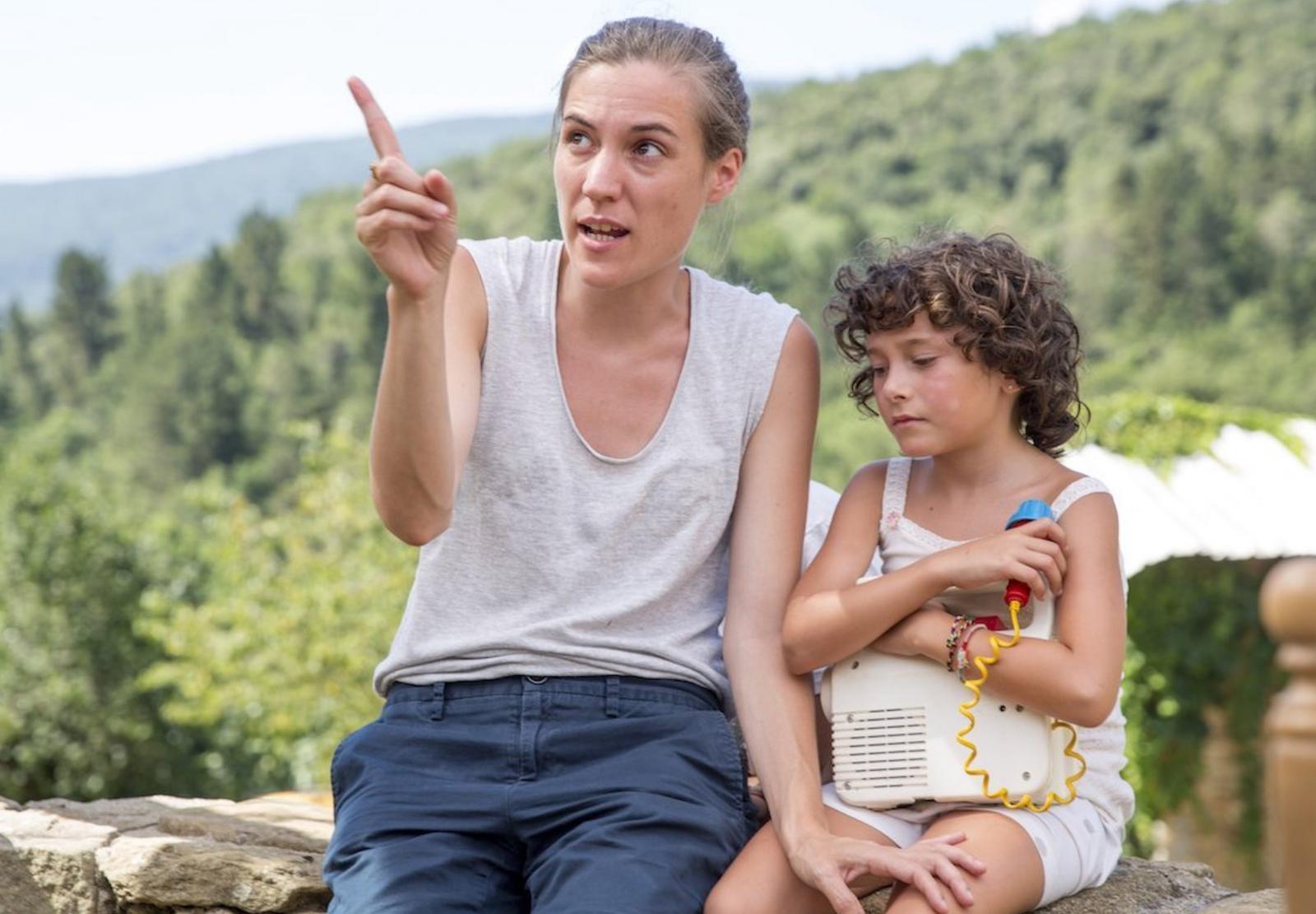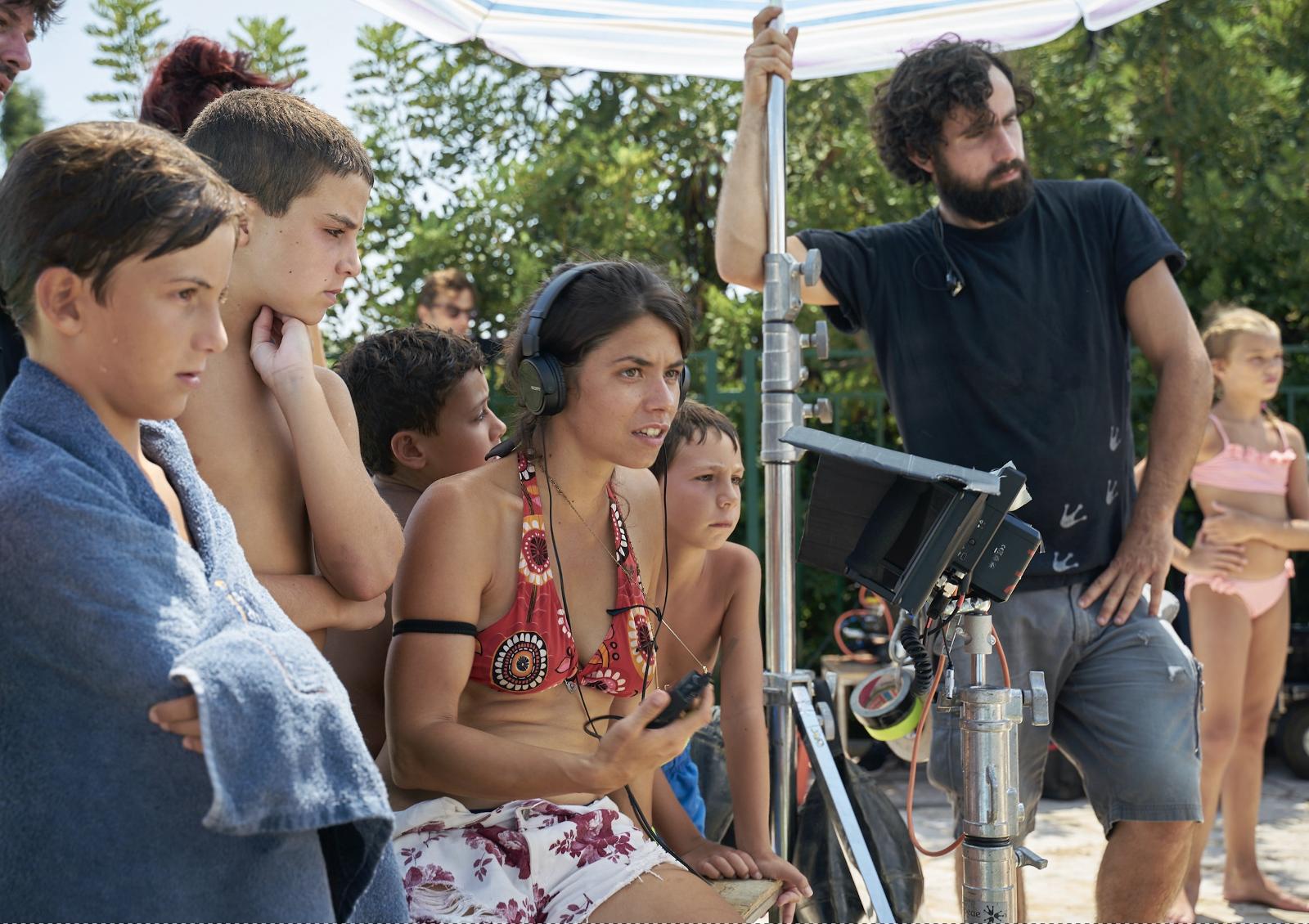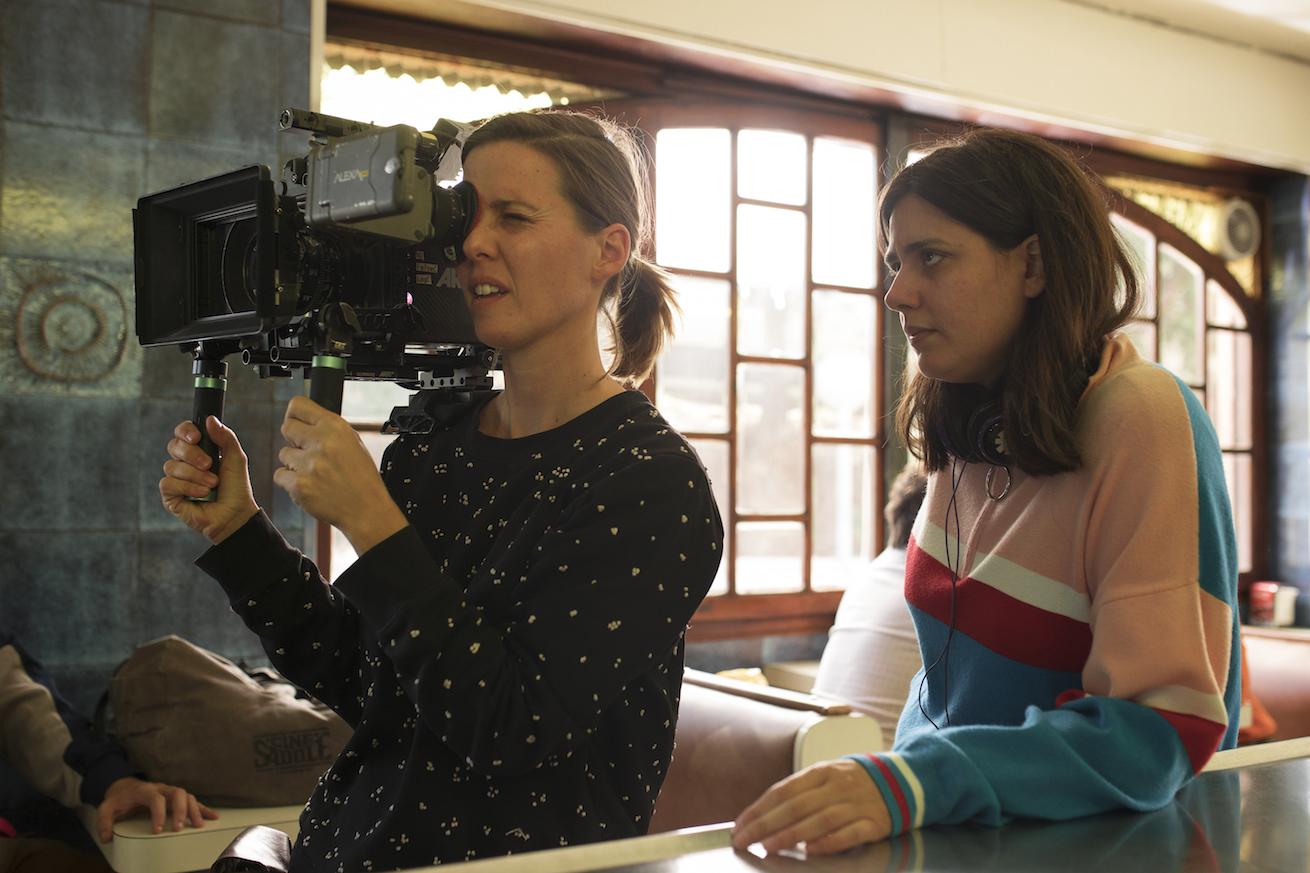There are few more exciting phenomena in recent cinema than Summer 1993 (2017), Carla Simón’s first feature film. After winning the award for Best First Feature Film and the Grand Prix in the Generation Kplus section at the Berlin Festival, this modest, Catalan-language production became a surprise hit at the box office. Simón drew inspiration from her own life to offer a sensitive portrait of a young girl’s grief process. Summer 1993 evokes the naturalism and power of working with child actors seen in Víctor Erice’s work, and connects with other recent titles about difficult childhoods, like The Florida Project.
And there’s more good news: Simón, who recently won the Catalan National Culture Prize, is not an exception in the Catalan film industry. In 2015, four Audiovisual Communication students from Pompeu Fabra University in Barcelona – Laia Alabart, Alba Cros, Laura Rius and Marta Verheyen – presented a film they had worked on together: Àgata’s Friends, a final university project that enjoyed unexpected commercial success after being screened to critical acclaim at a handful of festivals. The film follows the transition from adolescence to young adulthood, characterised by the shedding of friendships. It has played a part in spearheading a new generation of women directors from film schools and universities who have finally had the chance to offer a perspective that has been missing from the cinematic panorama for decades: that of young women in today’s Catalonia.

For the first time ever in Catalan cinema, the chasm between the large proportion of female students on audiovisual studies courses and the lack of women in the industry is finally beginning to close. Soon after, the actor who plays Àgata in the film, Elena Martín, made her début as a producer with Júlia ist (2017). The film, in which she also plays the leading role of a student moving to Berlin with a grant, offers a demythologised, much more intimate view of the Erasmus experience than the portrayal offered by popular titles like Pot Luck (L’auberge espagnole).
This new generation of women filmmakers have highlighted the need to revisit coming-of-age stories from a female perspective. In The Innocence, Valencian director Lucía Alemany offers a new reading of themes like abortion and first loves and heartbreaks from a dedramatised viewpoint. Young filmmakers Marta Lallana and Ivet Castelo depict a summertime female friendship in Ojos negros (Black Eyes, 2019), which takes place in a context that recurs throughout the films of these new directors: that of a reconnection with rural roots.
Because, through their work, these women assert their link to women of previous generations: mothers and grandmothers made invisible for gender, social, economic or geographical reasons. Celia Rico does precisely this in her first feature film, Journey To A Mother's Room (2018). Meanwhile, Facing the Wind (2018) by Meritxell Colell is a depiction of a return to the rural family home that incorporates a persistent trend in contemporary cinema, namely contemporary dance as the protagonist’s form of dramatic expression. And in Penélope (2017), Eva Vila reexamines the Homeric legend through a village’s ageing dressmaker.

Precedents, consciousness and feminist solidarity
This new wave of women directors in Catalan cinema has clear precedents. The first generation from ESCAC (Cinema and Audiovisual School of Catalonia) – which has produced names as well-known as J.A. Bayona – includes Roser Aguilar, who distanced herself from a model of cinema designed for the commercial film industry with The Best of Me (2007), for which Marian Álvarez won the Best Actress award at the Locarno Festival.
Working in the same vein are producers like Mar Coll – who, in Three Days with the Family (2009) and We All Want What’s Best for Her (2013), links up with a certain Nouvelle Vague tradition of intimate, in-depth examination of the family circle – and Elena Trapé. The latter’s début, Blog (2010), is inspired by a true story and uses the machinations of a group of teenage girls trying to get pregnant at the same time to explore the bonds forged by a new generation of girls through social media. In Distances (2018), meanwhile, Trapé avoids falling into the trap of self-satisfaction to capture the discontent and frustration of an entire generation: that of the over-thirties, who grew up in a prosperous time but arrived at an impasse when the financial crisis broke out.
Feminist solidarity and consciousness have been visible for years in Catalan cinema, stirred up partly by the long-standing Barcelona International Women’s Film Festival. This festival also brought about Dones Visuals (‘Visual Women’), an association founded in 2017 with the specific goal of uniting efforts and promoting the presence of women directors in the cinema and on television. On a more individual level, renowned filmmaker Isabel Coixet has used her production company, Miss Wasabi Films, to help boost the careers of younger professionals, like Trapé and Belén Funes. A Thief’s Daughter (2019), Funes’s first feature-length film, moves in the urban and social margins of Barcelona and is based on the Dardenne brothers’ model of socially engaged, energetic cinema.

From non-fiction to indie comedy
Just like Funes, newcomer Nila Núñez has toured countless festivals with Some Might Say (2017), in which she accompanies two high school students in the process of building their own identity who investigate what wearing or not wearing the hijab means in today’s multicultural Barcelona. Núñez occupies non-fiction territory, which has also been home to Virginia García del Pino in recent years. With A Squirrel Improvises (2017), she incorporates philosophical reflection into her panorama of the current Spanish political scene.
A few years prior, Neus Ballús surprised us with the docufiction piece The Plague (2013), a series of stories that cross over in the borderlands between the metropolis and the rural world. In the family dramedy Staff Only (2019), she continues the documentary theme, this time to a postcolonial backdrop. Then there is Alba Sotorra, who, in Commander Arian (2018), expresses her fascination with another woman: one of the leaders of the YPJ, the mainly Kurdish, all-female militia that fought against the Islamic State. Like in Game Over (2015), Sotorra stands out for her subversion of traditionally masculine imaginaries, in this case war and the bonds created there. Another filmmaker working in this area is Carla Subirana, who incorporates family memory and historical research in Swimming (2008) to examine the figure of her anarchist grandfather, who was shot at the end of the Spanish Civil War.
Among the leading European directors to use found footage in their films is Carolina Astudillo, who employs this technique to reappraise women’s role in history, or, in the case of Ainhoa, That's Not Me (2018), to reflect on the female experience through the diary of a suicidal teenager. Found footage is also utilised in Núria Giménez’s My Mexican Bretzel, the latest surprise success in Catalan cinema and a reformulation of the classic melodrama made up of amateur footage filmed by a mysterious couple.
In this broad panorama of new Catalan women directors, filmmaker and actress Leticia Dolera is one of the few who favour comedy. A register similar to that of North American indie comedy is evident in Requirements to Be a Normal Person (2015) and her television series Perfect Life (2019), which won an award at the Cannes International Series Festival and displays the peculiarities of a new kind of TV fiction created by women, like Girls by Lena Dunham or Fleabag by Phoebe Waller-Bridge.













